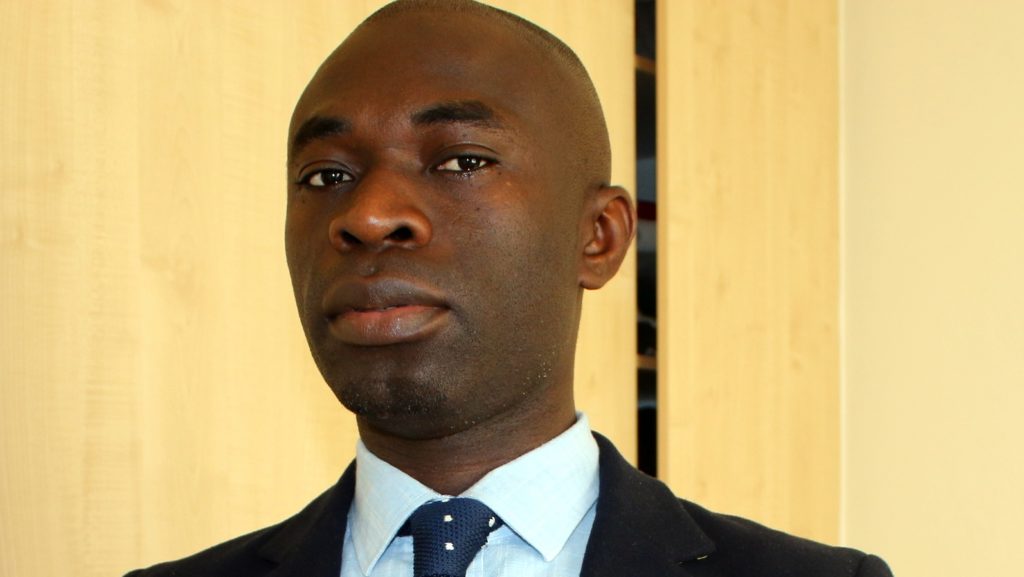A month doesn’t seem to pass without news of the launch of another ride-hailing app.
Last month it was sushi king Kenny Kunene’s Yookoo Ride. This month was the turn of Ridver, launched by Opynio Media and Technology, a black women owned company, on Friday (15 March).
No ad to show here.
Ridver co-founder Sam Apata (pictured above) told Ventureburn by phone today that the app has already garnered attention from a Zambian investor who wants to launch a version there. The company behind the app also has two black women directors who are not operationally involved.
Apata said he and co-founder Moses Aderonmu — who are both Nigerians with experience in software development — have since early last year invested a combined R200 000 of their own money in the app.
In a press release on Friday (15 March), Ridver said the platform is active and “gaining traction” in Midrand and environs especially among the students of Pearson Institute, and would soon be available in other areas in Gauteng such as Sandton, Joburg’s city centre, Soweto and Pretoria.
Ridver co-founders Sam Apata and Moses Aderonmu have together invested R200k in the app since early last year
“Being a new entrant with fewer active users and drivers, the platform ensures shorter waiting time by restricting trip ordering to 3-5km radius per town or city,” Ridver said in the press release.
While drivers that use Uber and Bolt (formerly known as Taxify) must pay commissions of 25% and 15% respectively, Ridver charges just 12% commission on trips.
Ridver’s rate is similar to another local ride-hailing company Hailer, which was founded in 2016. In September last year its founder Marvin Nkomo told Ventureburn the company charges commission of “about 10%” (see this story).
So far Ridver has signed up just five drivers. Customers can only pay by cash, until the startup is able to finalise an arrangement with a payment gateway.
Apata said currently when a driver’s earnings hit R1000 they are required to pay over the 12% commission. Those that don’t do so will be suspended from the app.
He said the app’s first two transactions were completed on the weekend in Midrand, when a driver made about R140 off two trips.
The platform also allows customers to rent a bakkie with a driver, to make deliveries or do removals. Drivers will be required to help lift any boxes or furniture involved. Apata said 2-ton to 3-ton bakkie owners will upload their vehicle details and expect request via Ridver.
The basic charge for a delivery starts at R250 and as with all drivers using the app, customers will be charged a further R5 to R6 a kilometre.
How then will Ridver complete with the growing number of other ride-hailing apps out there?
By keeping costs low and through ensuring the technology works well, claims Apata. He said he and Aderonmu carried out Beta testing on the app in February.
Currently the company operates out of the Standard Bank incubator in Rosebank, which is free to those based there.
While he said there has been interest from some investors, including one who wanted investor who wants to put R500 000 in the business, Apata says he and Aderonmu want to ensure that the business has gained some traction before taking outside investment.
Read more: How SA ride hailing startup Hailer wants to undercut industry giants Uber, Taxify
Featured image: Ridver co-founder Sam Apata (Supplied)
